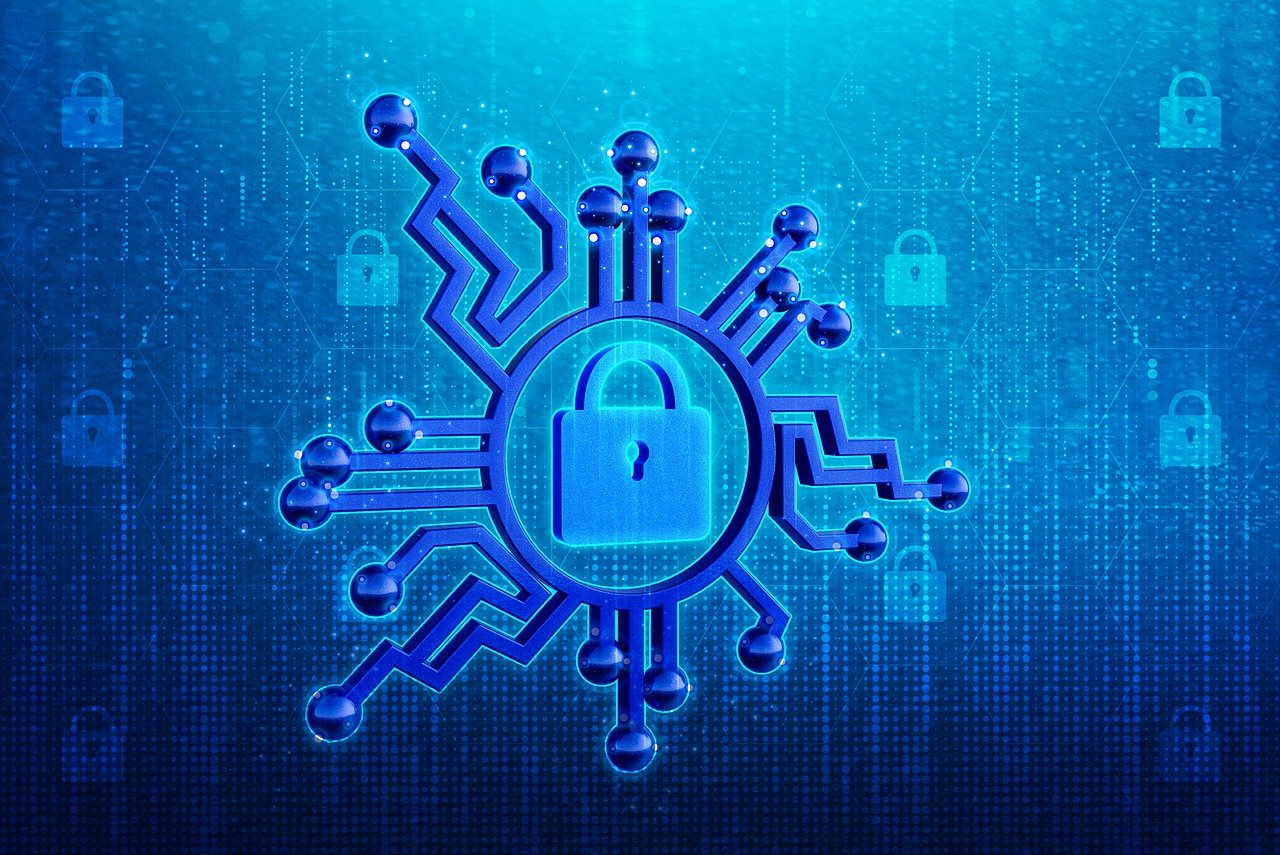Italian security software company CloudEye has been exposed as a front for the Guloader malware operation, raising serious concerns about the company’s legitimacy and potential damage to user trust in the industry.
Check Point researchers discovered that CloudEye, a commercial software developed by the seemingly legitimate Italian firm, was purposefully designed to mimic the Guloader malware, making it difficult for traditional antivirus software to detect.
Table of Contents
Guloader’s Deceptive Doppelganger
Alarmingly, the investigation revealed connections between CloudEye and DarkEyE, a defunct malware service, suggesting potential involvement in the cybercriminal world.
According to the report, CloudEye was allegedly sold to cybercriminals for a minimum of $100 per month, generating an estimated $500,000 in monthly revenue for the Italian company.
This raises significant ethical concerns within the cybersecurity industry, as it highlights the potential for seemingly legitimate companies to engage in illegal activities and profit from harming users.
While the full extent of the CloudEye operation and the Italian company’s involvement are still under investigation, this discovery serves as a stark reminder of the importance of vigilant cybersecurity practices and the need for robust industry regulations to ensure user trust and ethical business conduct.
READ ALSO: Dark Web 101: How To Access The Dark Web
What is Guloader Malware?
Guloader, first discovered in December 2019, is a type of Trojan malware used in cyberattacks to download and install other malicious software onto your device. Think of it as a digital backdoor that lets other malware sneak in and wreak havoc.
Here’s what you need to know about Guloader:
How it works:
- Spreads through deception: Often arrives disguised as legitimate emails, websites, or software downloads.
- Downloads silently: Once installed, it downloads other malware without your knowledge or consent.
- Targets diverse threats: Delivers a wide range of harmful software, including ransomware, banking Trojans, and data stealers.
- Adapts and evolves: Uses various techniques to evade detection and analysis, making it a tricky opponent.
READ ALSO: How To Protect Your Computer From Malware
Potential consequences of infection:
- Data theft: Personal information, passwords, financial data, and more can be compromised.
- Ransomware attacks: Files can be encrypted, holding them hostage until you pay a ransom.
- System damage: Malware can disrupt functionality, cause crashes, and even render your device unusable.
- Financial losses: Stolen data can lead to fraudulent transactions and identity theft.
READ ALSO: Don’t Get Hooked: How to Spot And Stop Phishing Scams
How to protect yourself:
- Be vigilant: Don’t open suspicious emails, click on unknown links, or download untrusted software.
- Use strong security software: Antivirus and anti-malware programs can help detect and block Guloader and other threats.
- Keep your software updated: Patching vulnerabilities minimizes entry points for malware.
- Practice safe online habits: Be cautious about what information you share online and be wary of unsolicited offers.
Conclusion: A Tangled Web of Software and Malware
The allegations against CloudEye paint a disturbing picture of a seemingly legitimate software company potentially operating as a front for a major malware operation. The evidence presented by Check Point raises serious concerns about CloudEye’s true intentions, its connections to the dark web, and the potential dangers it poses to its users.
While the situation remains under investigation, this case highlights the ever-evolving threats in the cybersecurity landscape. It underscores the importance of vigilance, thorough research, and choosing security solutions from reputable sources. Users are advised to exercise caution and stay informed as the story unfolds.
Further developments are anticipated as CloudEye responds to the accusations and authorities potentially pursue legal action. This case serves as a stark reminder that even seemingly trustworthy entities can harbor malicious activities, emphasizing the need for constant vigilance and responsible choices in the digital world.
RELATED POSTS
- Most Effective Cybersecurity Strategy For A Small Business [We Asked 45+ Experts]
- Full Review of GlassWire Firewall Software – Extreme Network Monitoring
- What Is Zero Day Exploit? Risks And Why Is It Called Zero Day?
- Risks Of Cryptojacking In Mobile Devices
- How To Check Your IP Address [3 Quick Methods]
- Importance Of Dark Web Monitoring
- Facts You Might Not Know About The Dark Web
- Interview With Michael Bruemmer, Vice President of Experian Data Breach Resolution Group and Consumer Protection
- Best Dark Web Monitoring Services In 2024 [Tested, Reviewed & Ranked]
About the Author:
Mikkelsen Holm is an M.Sc. Cybersecurity graduate with over six years of experience in writing cybersecurity news, reviews, and tutorials. He is passionate about helping individuals and organizations protect their digital assets, and is a regular contributor to various cybersecurity publications. He is an advocate for the adoption of best practices in the field of cybersecurity and has a deep understanding of the industry.








